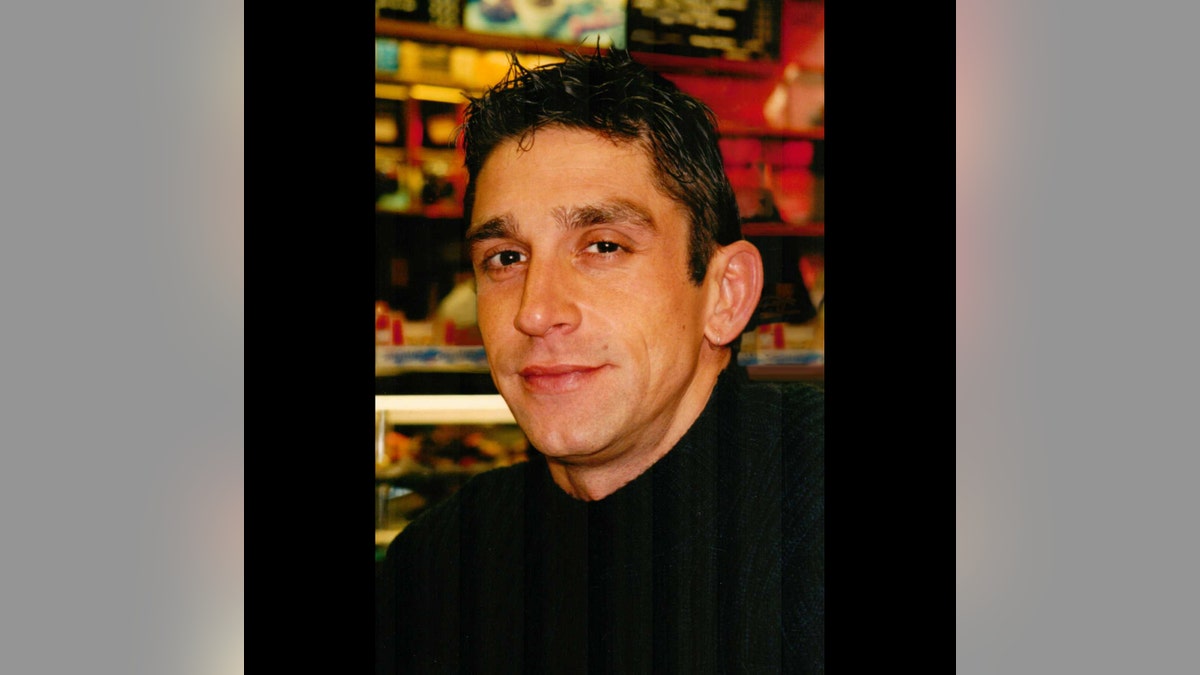
(www.richard-blanco.com)
He’s a writer. He’s co-chair of his town’s planning board. He’s even got an engineering degree.
And now Richard Blanco can add yet another title – 2013 presidential inauguration poet.
With that honor, Blanco, the 44-year-old son of Cuban exiles, joins the ranks of legends like Maya Angelou and Robert Frost.
"I’m beside myself, bestowed with this great honor, brimming over with excitement, awe, and gratitude,” Blanco said in a statement released Wednesday by the inaugural committee.
“In many ways, this is the very stuff of the American Dream, which underlies so much of my work and my life’s story —America’s story, really. I am thrilled by the thought of coming together during this great occasion to celebrate our country and its people through the power of poetry.”
Blanco‘s selection as the poet of President Barack Obama’s inauguration ceremony marks several firsts. He’s the first Hispanic, gay and the youngest person to be chosen as the inaugural poet.
Blanco’s selection also comes on the heels of last week’s announcement that Vice President Joseph Biden had chosen Supreme Court Justice Sonia Sotomayor, the first Latina to serve on the high court, to swear him in at the inauguration.
Sotomayor is the first Hispanic to swear in a president or vice president.
Hispanics played a critical role in the re-election of Obama, turning out at a record rate – 10 percent of voters who cast ballots on Nov. 6. And 71 percent of Latino voters picked Obama over his GOP challenger, Mitt Romney.
“I’m honored that Richard Blanco will join me and Vice President Biden at our second Inaugural,” Obama said, according to the ccommittee statement.
“His contributions to the fields of poetry and the arts have already paved a path forward for future generations of writers. Richard’s writing will be wonderfully fitting for an Inaugural that will celebrate the strength of the American people and our nation’s great diversity,” Obama added.
Blanco’s works explore his family's exile from their native country and "the intersection of his cultural identities as a Cuban-American gay man," the inaugural planners said.
Blanco was born in Spain to a mother who worked as a bank teller and a father who was a bookkeeper.
The New York Times said in a story about the poet that he was named after Richard Nixon, admired by Blanco’s father because of the Republican president’s strong opposition to Cuban leader Fidel Castro.
Blanco moved to New York City with his parents when he was an infant, and then went to Miami, where he was raised and educated. He worked as a consultant engineer while he pursued his poetry, and in 1999 joined the creative writing faculty at Central Connecticut State University until 2001. He later taught in various places, including American and Georgetown universities.
The inaugural committee noted that “Blanco's career as an English-language Latino poet gained momentum when his first collection, ‘City of a Hundred Fires,’ won the Agnes Lynch Starrett Poetry Prize from the University of Pittsburgh.”
His second book of poetry, “Directions to The Beach of the Dead,” won the PEN American Center Beyond Margins Award. His third collection, “Looking for The Gulf Motel,” was published in 2012.
Today, Blanco lives in Bethel, Maine, where he serves on various town committees.
"A Cuban living in Maine?" Blanco quips on his website. "Yeah, that's me. In 2009, Mark and I moved up to Bethel, a small ski-resort town at the foothills of the White Mountains in western Maine. We absolutely love it here, though I do miss my Cuban cafecito and pastelitos!"
And on his Twitter page, he notes: “From Spain to Cuba to Miami to Connecticut to DC back to Miami and finally MAINE. Yes, a Cuban boy can be happy in the cold."




